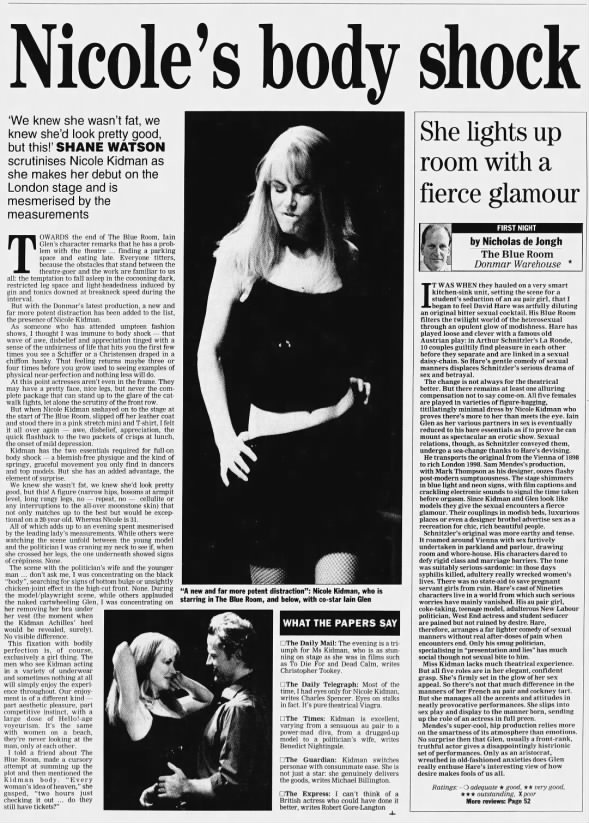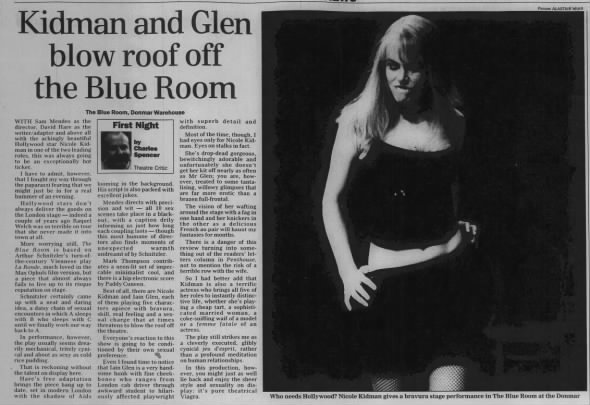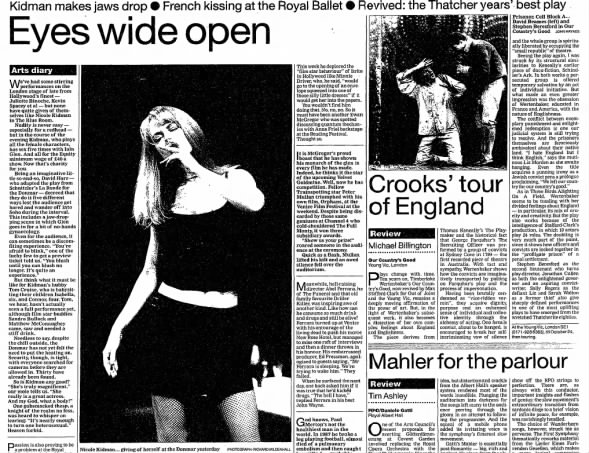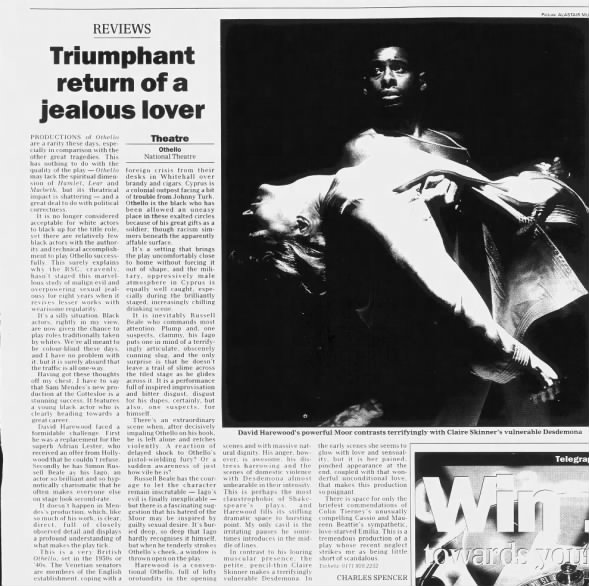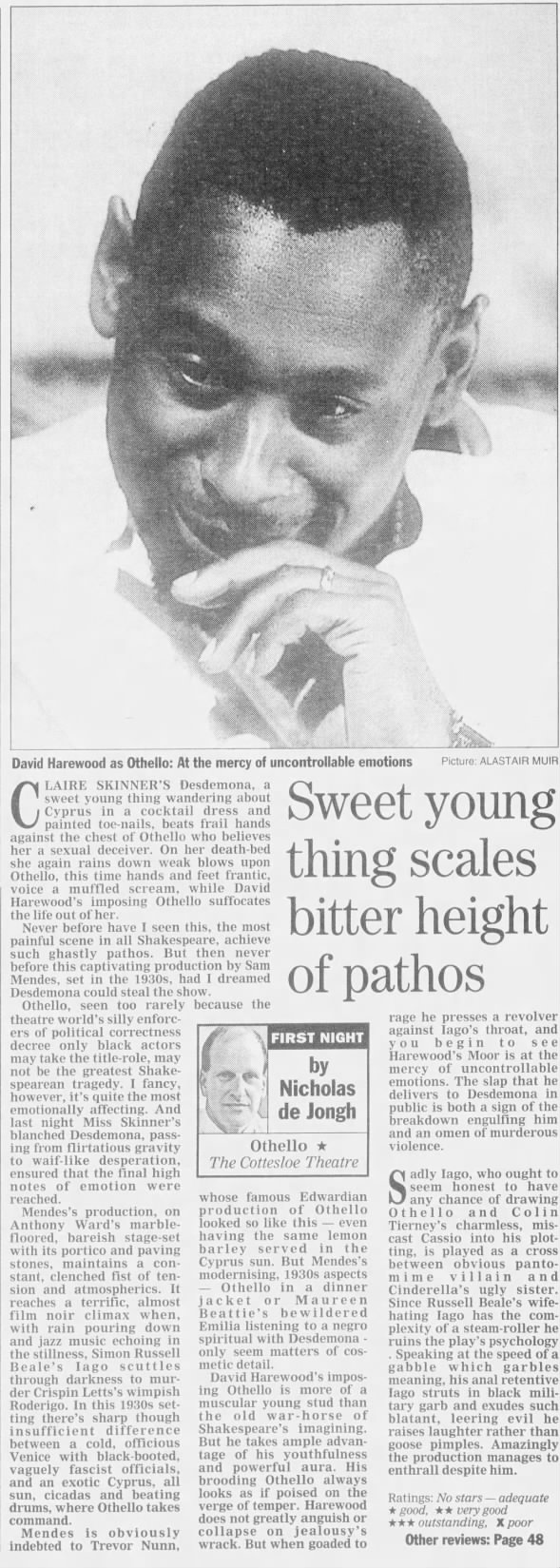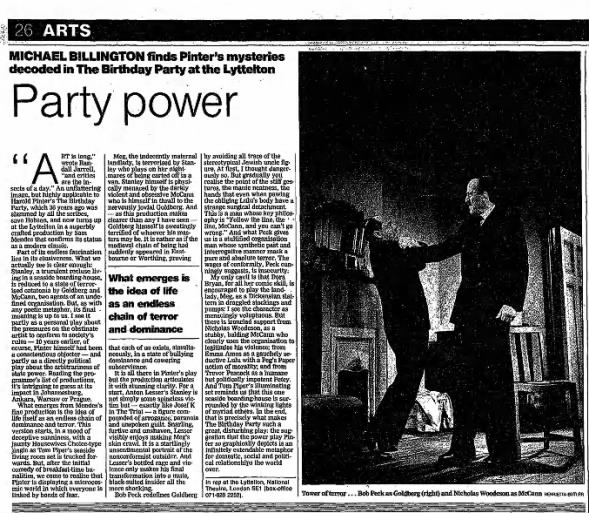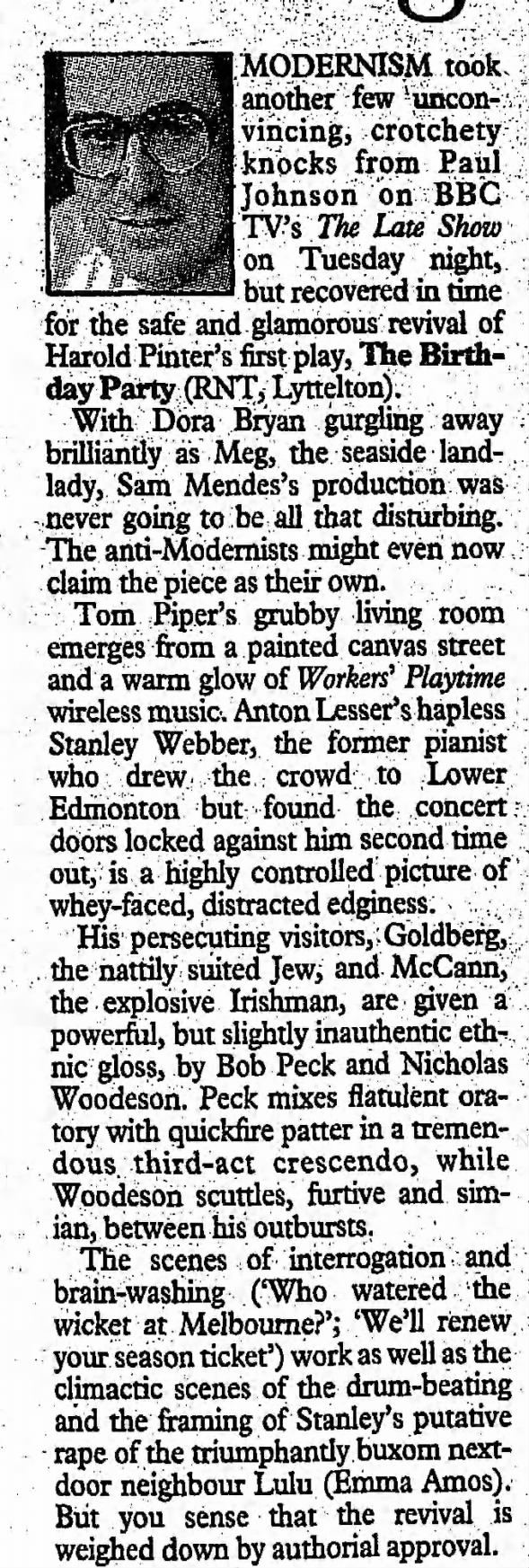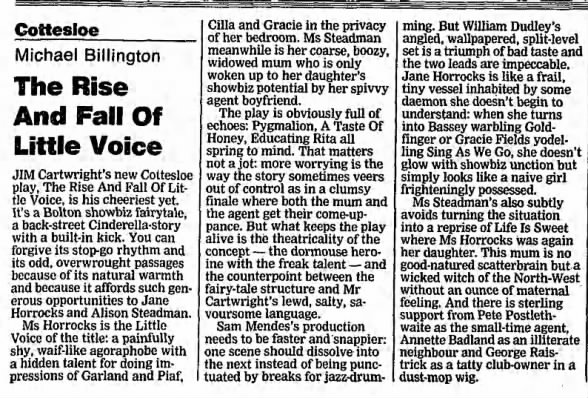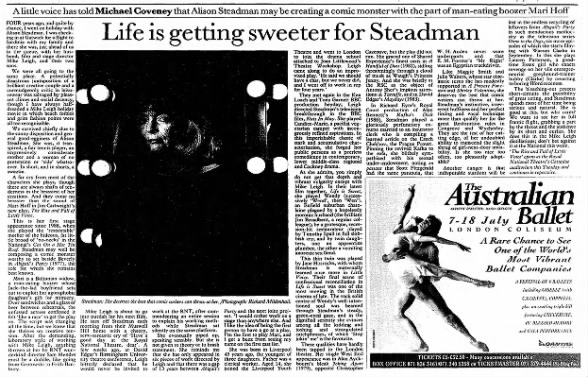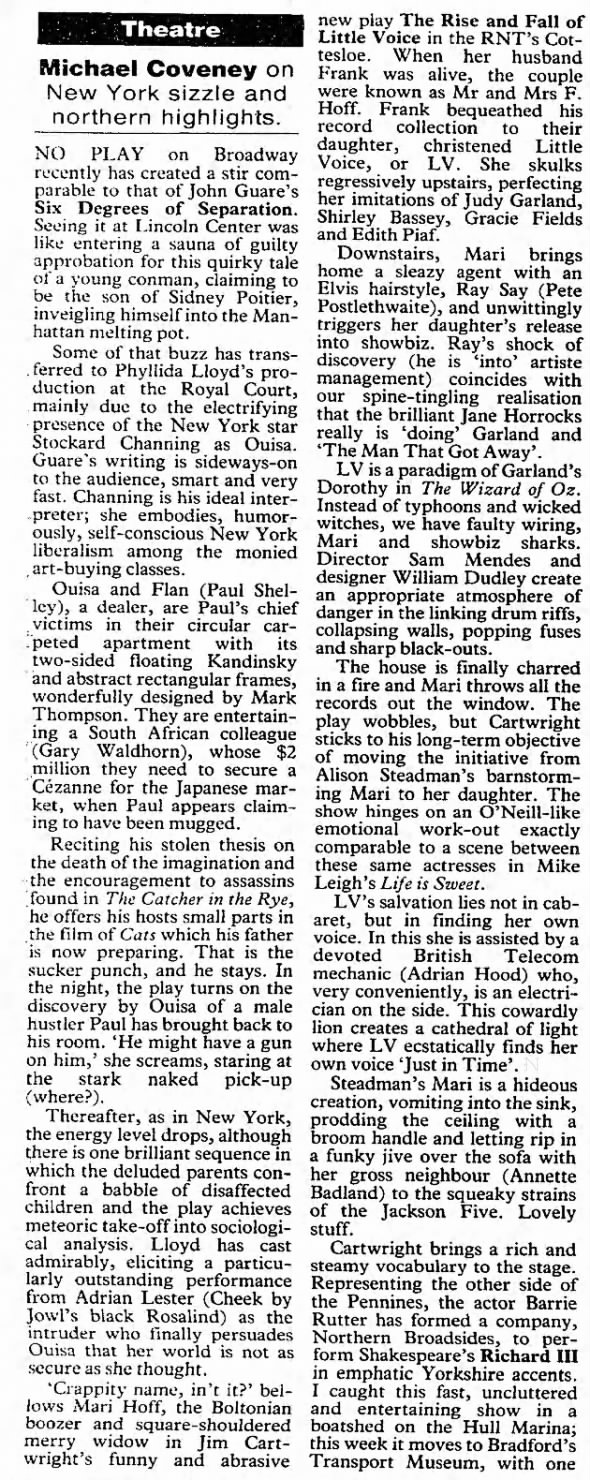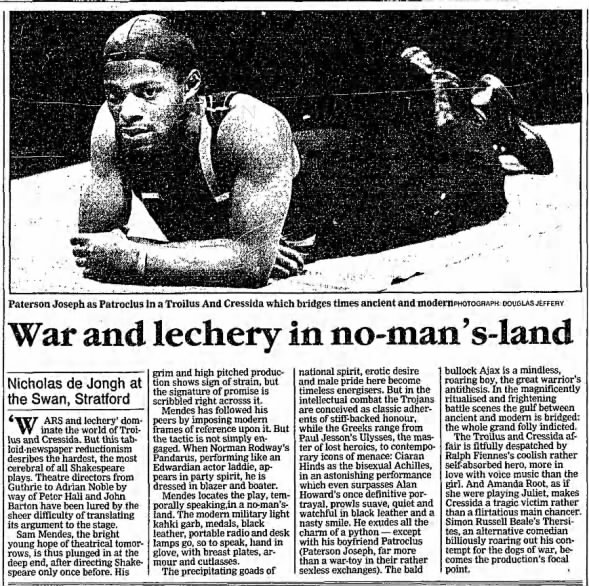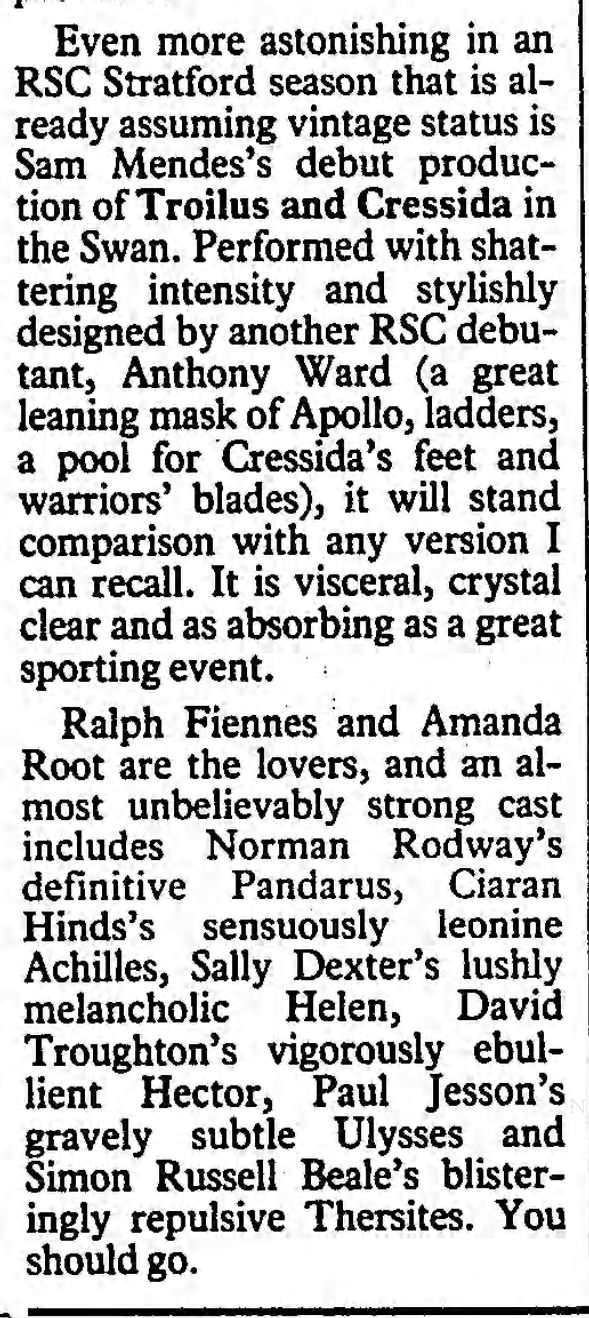This visit to the Royal Court Theatre was the third of my “three courts in one day” – click here or below to read about the other two:
There’s been a lot of press chat about The Ferryman, now that Jez Butterworth is seen as such a hot property playwright and with Sam Mendes returning to the theatre to direct again, now that he is a hotshot movie director. Apparently this Royal Court run sold out before the previews even started, while the West End transfer is already taking bookings.
We saw one of the last of the previews.
Here is a link to the Royal Court on-line resource on this play/production.
I don’t recall Jez Butterworth’s plays being long previously, so we were a bit daunted when we learnt that this play runs to more than three hours. Especially daunted in my case, with all that court time in my mind, legs and backside, I feared for my ability to concentrate throughout the piece and wondered if I’d be able to move at the end of the show.
As it happens, the play/production is sufficiently pacy, stylish and interesting to hold the attention almost throughout. My body didn’t let me down either…just about. Janie and I both felt that the final act was perhaps a little too long, but twixt previews and press night there might be some tweaks to put that aspect right.
The cast was superb. The design and directing top notch. Sam Mendes knows what he is doing. The Royal Court almost certainly has a big hit on its hands.
Janie remarked that this was a quintessentially Irish play (or words to that effect), which she tends to prefer in theory more than in practice. She loved The Weir, for example, but often finds Irish plays a bit samey and she usually struggles to understand the accents at times.
This play reminded me of Brian Friel’s hit Dancing at Lughnasa, except that The Ferryman is set in rural Northern Ireland (County Armagh) in the early 1980’s rather than Friel’s play from County Donegal in the 1930’s.
Indeed, the thing that distinguishes The Ferryman from most traditional Irish rural plays is that The Troubles are right at the heart of the story, rather than on the periphery. The older generation talk of friends and family caught up in the 1916 Easter Rising and listen to Maggie Thatcher on the radio talking about the 1981 hunger strikes, while the younger ones talk of attending Bobby Sands funeral.
If this all sounds a bit “tell rather than show”, then I am doing the play/production an injustice. It is very show. There’s singing, dancing, several species of livestock and spirits, both of the supernatural kind and indeed a great deal of Bushmills drinking. Yes, everything you’d expect from a good rural Irish play.
Why The Ferryman? Well, towards the end of the play one of the oldsters, Uncle Pat, quotes Virgil (The Aeneid Book Six, since you asked), in which Aeneas learns that Charon The Ferryman is not permitted to carry the unburied, lost souls across the River Styx until they have roamed the shores for a thousand years.
What relevance does that tale from The Aeneid have to the play? Well I’d probably spoil the play by trying to link those tales and might not hit the spot with my attempt. Suffice it to say that the West End transfer has used the strap line:
“You can’t bury the past”.
A very Ogblog strap line, for a play/production that is very much worth seeing.



